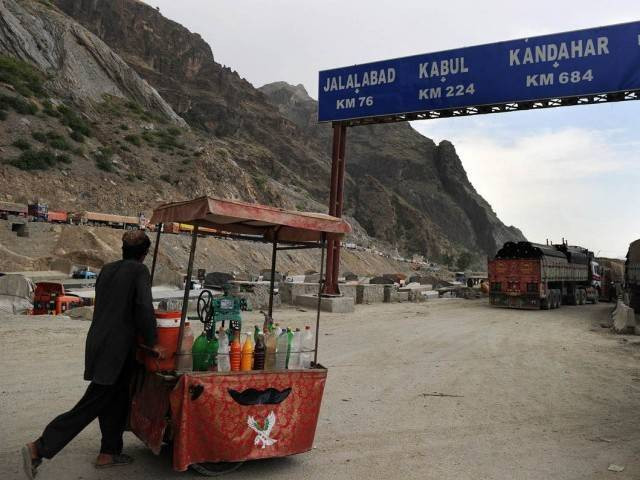The realities of today
There can be no half measures in this matter. A border is either regulated or it is not

Torkham border. PHOTO: AFP
There can be no half measures in this matter. A border is either regulated or it is not. Nation-states everywhere have some sort of basic identity check — less so within the states of the European Union — and paperless transit rights are virtually unheard of elsewhere in the world. Afghanistan may plead ‘special case’ on the basis of an inconvenient and manifestly unfair historical decision; but the security imperatives of Pakistan have to override that. Now Kabul has declined the invitation to send its national security adviser and foreign minister to Pakistan for talks aimed at a resolution of the current conflict, instead opting for lower-grade representation, which may be interpreted as acting with something less than sincerity regarding negotiations.

The gate that Pakistan is constructing is 37 metres inside its own territory. It ought to be completed and other gates built at other choke points along the line in order to better regulate the flow. Afghanistan itself appears to have little interest — or perhaps limited capacity — when it comes to regulation on its own side of the border, but it cannot fall back on the crutch of history with terrorists wandering back and forth at will. While it is important that the two governments attempt to reach consensus on this issue to avoid conflict, Pakistan remains well within its rights to build the gates.
Published in The Express Tribune, June 20th, 2016.
Like Opinion & Editorial on Facebook, follow @ETOpEd on Twitter to receive all updates on all our daily pieces.















COMMENTS
Comments are moderated and generally will be posted if they are on-topic and not abusive.
For more information, please see our Comments FAQ